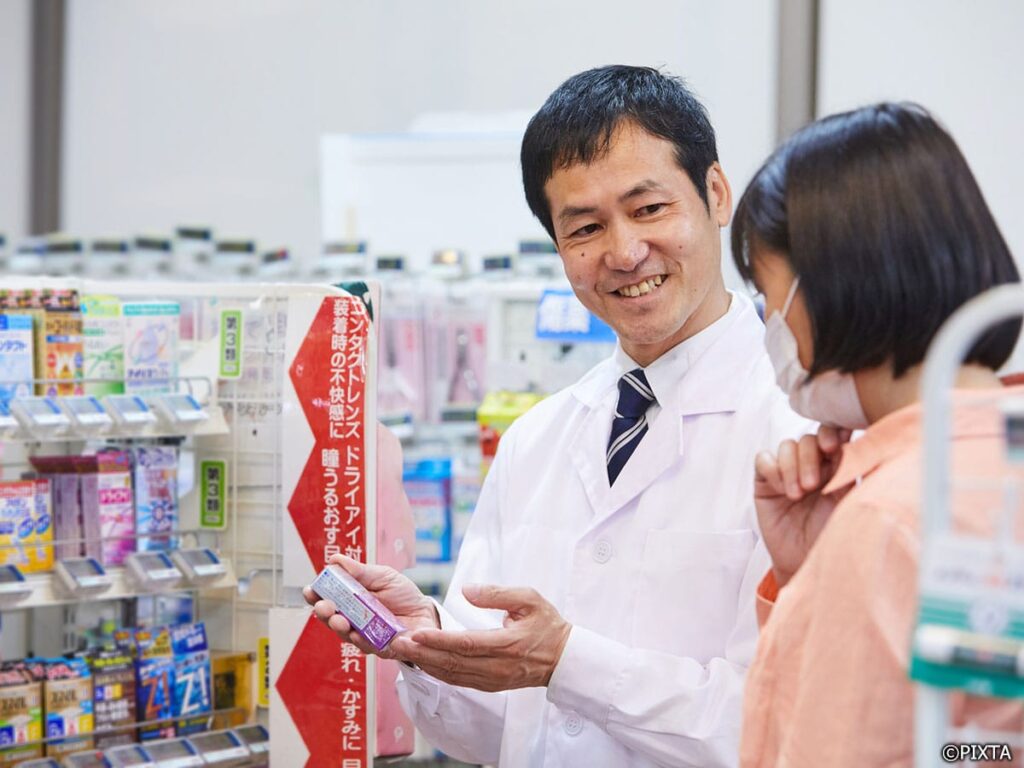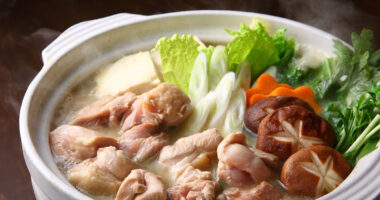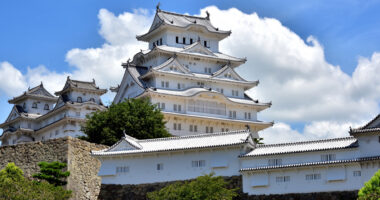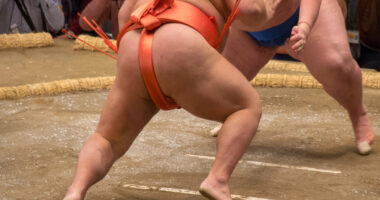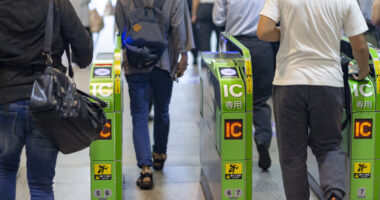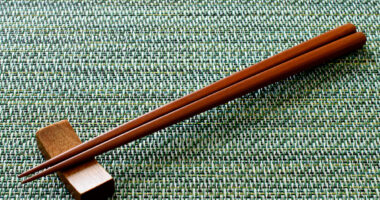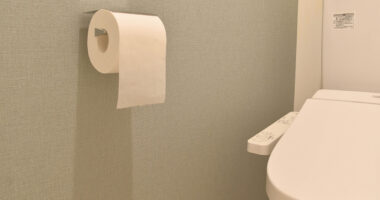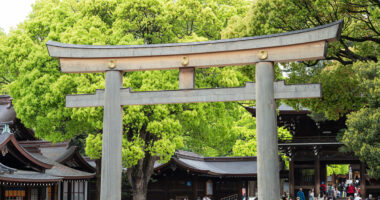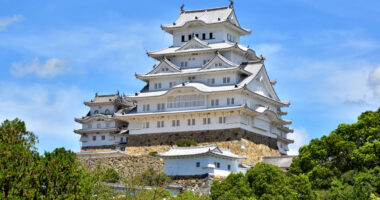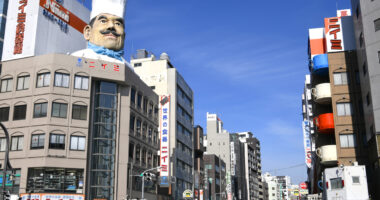Visiting Japan can be an exciting and memorable experience. Hopefully, you’ll experience it in good health and come home with only positive memories. However, there’s always a chance that you may encounter health-related issues during your stay so it’s essential to be prepared. Whether you need to bring your regular medication, find remedies during your stay for unexpected illnesses or other conditions, it’s a good idea to be informed before you hop on that plane. This guide will help you understand the parts of Japan’s healthcare system that could potentially apply to you during your stay, the regulations on medications and substances you can bring in, and where to find necessary products and services to keep you happy and healthy.
Regulations on Bringing Medicines into Japan
Before traveling to Japan, it’s crucial to know the regulations regarding bringing medicines into the country. There are limits on the types and amounts of medicines you are able to bring in. For some types of prescription drugs, you’ll need to submit an application at least 14 days before your departure, and provide a medical certificate from your doctor and photos of the drug package. In addition to obvious illegal drugs, many foreign visitors don’t realize that methamphetamines and amphetamines, found in a variety of both prescription and non-prescription OTC drugs in other countries, and even inhaler sticks for stuffy noses, are absolutely prohibited in all circumstances in Japan. Moreover, opioids like codeine, commonly prescribed or sold as OTC drugs in some countries, cannot be brought into Japan without advance permission. You could face arrest and imprisonment if you don’t obey the law. For some travelers, this may require a lot of advanced planning since your doctor may suggest an alternative drug for your condition which can require several weeks of adjustment.
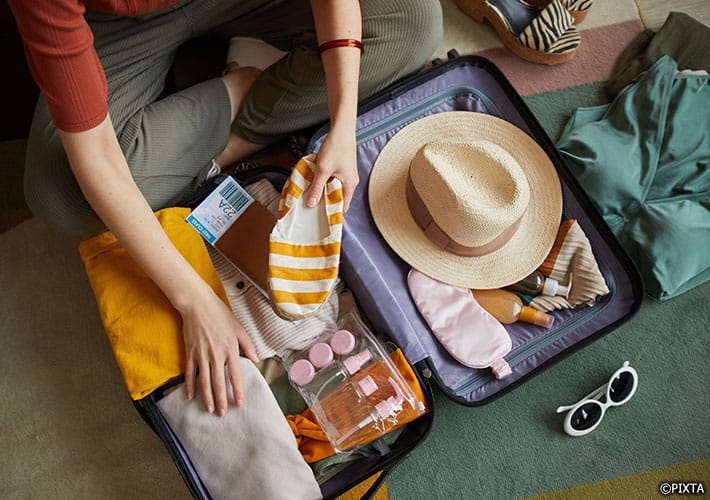
Thinking of bringing along your prescription or OTC drugs? Do your research before you pack.
For detailed information on restrictions and requirements, refer to the Japanese government’s official guidelines here. Always ensure that you carry the appropriate documentation for any prescription medications you with you, including a copy of your prescription and a letter from your doctor explaining your medical condition and the necessity of the medication.
Finally, in addition to prescription medicine, quantity limits also apply to medical devices— including disposable contact lenses—as well as tobacco and things like perfume and makeup. For details, refer to the following page at the Japan Customs website.
Japanese Pharmacies and Drugstores
In Japan, pharmaceutical drugs are available in commercial drugstores (ドラッグストア doraggu sutoa), general pharmacies (薬局 yakkyoku), and at specialized dispensing pharmacies (調剤薬局 chōzai yakkyoku). Drugstores sell over-the-counter (OTC) medications, supplements, personal care items, and energy drinks, and sometimes various other sundries, makeup, personal hygiene products, etc. Major drugstore chains are popular with foreign tourists since they stock a large variety of products in the same store. Sometimes, but not always, drugstores will have a special counter within the store for prescription medicine.

Shopping at a Japanese drugstore.
Dispensing pharmacies, on the other hand, are specialized establishments providing prescription medications and sell very few, if any, commercial products. If you need to visit a doctor during your stay in Japan and the doctor prescribes medication, they’ll often suggest a nearby pharmacy. If they don’t, it’s always a good idea to check with the doctor if you can take the prescription to any pharmacy before you leave their office. Some medications can only be dispensed at specific pharmacies.

A pharmacist explaining the medicine to a customer at a specialized dispensing pharmacy.
Additionally, some convenience store chains may also have dedicated medicine corners where you can find a limited selection of OTC medicines. To find out which locations have such corners, you can do a search on the chain’s store locator page, limiting searches to “medicine” in English or 薬 kusuri in Japanese.
If you intend to visit a pharmacy and you don’t speak Japanese, not all pharmacists in Japan speak English, so it’s a good idea to search online for pharmacies with English-speaking staff. Pharmacists can provide valuable advice on medications, supplements, and general health issues, including traditional herbal remedies like 漢方 kampō. Don’t hesitate to ask for assistance if you’re unsure about a particular product or need help finding a suitable alternative.

Don’t hesitate to ask for assistance if you’re not sure what to get.
Medicines, Supplements, and Vitamins in Japan
Here’s a more detailed overview of the types of products you can find in Japan and where to buy them:
Medicines: OTC medicines, including pain relievers, analgesic creams, motion sickness drugs, cold and flu medications, digestive aids, skin creams and ointments, eye drops, and energy drinks, can be found in drugstores and general pharmacies, and to a limited extent, at some convenience stores. Prescription medications are available at dispensing pharmacies and sometimes at general pharmacies and drugstores. Make sure to consult a doctor before taking any medications that you are unfamiliar with, especially if you have any pre-existing medical conditions or allergies.

Buying a pain reliever at a Japanese drugstore.
Supplements and energy drinks: Japan offers a wide variety of health supplements, including vitamins, minerals, and traditional herbal remedies like kampo. These can be found at drugstores, general pharmacies, specialty stores, and online shops. Energy drinks of various types are also available at drugstores and general pharmacies, with a more limited selection sold at supermarkets, convenience stores and even vending machines. Always check the label for ingredients and recommended dosages, and consult a healthcare professional if you’re unsure whether a particular supplement is suitable for you. If there is no English, you can use an image translation app on your smartphone. Some of these apps even work offline, so you can find out what it says even if you don’t have an internet connection.
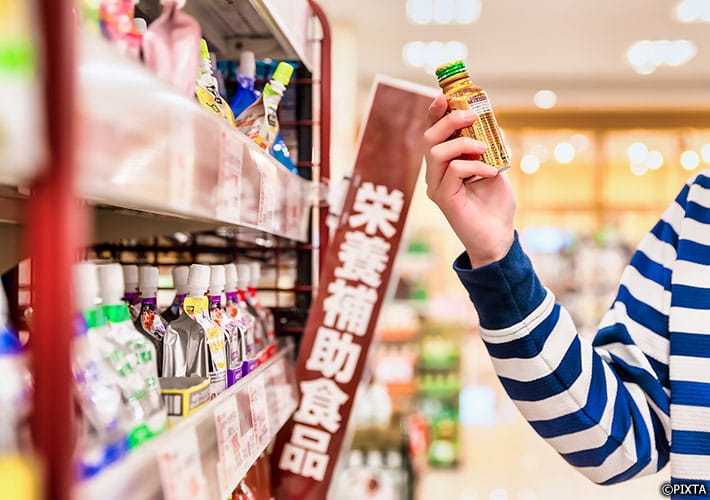
Buying an energy drink at a store in Japan.
Vitamin Infusions: Some clinics and beauty salons also offer vitamin infusions by appointment, which can help improve overall health, boost the immune system, and alleviate fatigue. Consult a healthcare professional before undergoing any vitamin infusion therapy.
Menstrual Products and Contraceptives: Menstrual products such as pads and tampons are available at drugstores, supermarkets, and convenience stores. Physical contraceptive products can also be found at drugstores and some convenience stores. Purchasing contraceptive pills requires a visit to a doctor for a prescription. Emergency contraception is also available in Japan but it may be difficult for a foreign tourist to obtain.
Strict Policies on Cannabis and Cannabis-derived Products
It’s important to be aware of Japan’s strict policies on cannabis and its derived products. In recent years, cannabis-derived oils and gummies for sleep and relaxation purposes have become popular. According to Japan’s Ministry of Health, Welfare and Labor, only CBD extracted from the grown stalk and seed of the cannabis plant is considered legal in Japan. However, the safest bet is to leave your cannabis products behind before hopping on that plane, including products which may be perfectly legal in your country. Possession of such products can potentially lead to severe legal consequences, including arrest, detention, and deportation.
In conclusion, navigating the world of medicines, supplements, and vitamins in Japan can be a challenge for foreign tourists, especially if you’re not familiar with local regulations and healthcare practices. By understanding the rules around bringing medications into the country, knowing where to find various health-related products, and being aware of Japan’s strict policies on certain substances, you can ensure a safer and more enjoyable trip. Don’t forget the importance of travel health insurance and seeking professional advice when necessary. With proper preparation and knowledge, you’ll be well-equipped to handle any health-related situations that may arise during your visit to Japan.
